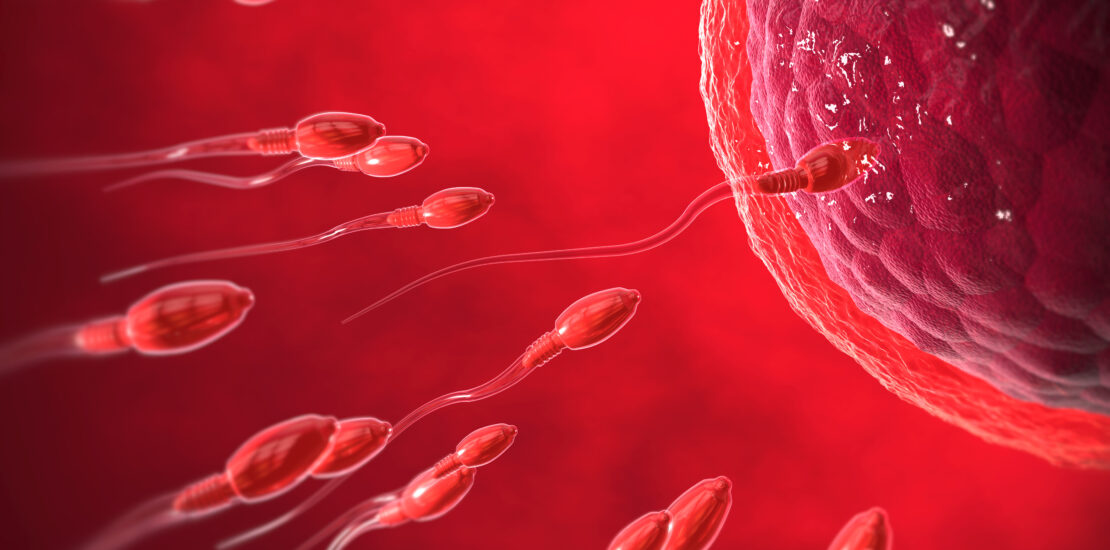How Do Gay Couples Decide Whose Sperm to Use for Surrogacy?
- January 29, 2023
- Posted by: Surrogacy Global
- Category: Blog

Let’s just get this out of the way: while you may have heard rumors that it’s possible to “combine” two sperm samples with an egg to create an embryo that is genetically related to both partners—this is science fiction. Embryos are created using one sperm and one egg, only—which can present a problem for cisgender gay male couples trying to decide whose sperm to use! Any two cisgender men hoping to form a family together through surrogacy will need to decide whose sperm to use in the I.V.F. process.
Reasons you might not want to use your sperm
For some cisgender gay couples, deciding whose sperm to use isn’t much of a problem at all. There are several reasons why one member of a gay male couple might be less inclined to use their own sperm when creating children. It may be less important to you to be genetically related to your offspring, for instance—or it might matter a lot more to your partner.
There may also be any number of medical reasons that might give you pause. You might have a family history of certain genetic diseases, mental health issues, or certain other inherited disorders that you might not want to risk passing on to your offspring. While heterosexual couples don’t have multiple sperm samples to choose from to avoid some of these attributes—cisgender gay male couples do! So your decision may simply come down to who has the “healthier” genetics.
Paths forward for gay couples to pursue biological fatherhood
Many gay male couples do want to move forward with samples from each of them, with the goal of having children genetically tied to both of them—with a shared donor. This is certainly a possibility! Some dads wonder if the solution here is to “mix” their sperm together to form a single sample, and then see whose sperm ultimately wins the insemination race to create an embryo.
This is not the way embryo creation works. Instead, you will need to create separate sets of embryos for each of you. Many gay couples choose to use the same egg donor when creating embryos, so that their resulting offspring will share at least some genetics. This is known as a “split insemination cycle.” After extracting eggs from your egg donor, you will then divide the resulting eggs between you both—half will be inseminated with each partner’s sperm, creating two separate sets of embryos.
What happens next may help you decide whose embryo to implant first. Once you’ve created all your embryos, they will all be “aged” for several days. The IVF lab will monitor them as they grow and develop. Each embryo is given a “grade” that determines how healthy it is, according to how likely it is to result in a successful pregnancy once transferred to your surrogate’s uterus. Many dads simply make the decision to transfer the embryo of the highest quality—regardless of which of you contributed your genetic material to it. Later down the line, if you hope to grow your family once again using surrogacy, you can prioritize implanting an embryo from the second partner so that you both have the opportunity to experience biological fatherhood.
What if we want to try for twins?
Many gay couples start the embryo-creation process with what seems like a simple solution to the problem of whose sperm to use “first”. Why not implant the healthiest embryos from both men into their surrogate’s uterus, and hope for twins? This is known as a twin surrogate journey. While the appeal of approaching your journey this way is perfectly understandable, there are several additional considerations that gay couples need to be aware of if they move forward with this option.
A twin journey poses additional health risks to both your surrogate and the fetuses she is carrying for you. Premature labor and birth are more likely during a multiples pregnancy, as are miscarriages. Your surrogate is also much more likely to develop symptoms like gestational hypertension, which can increase the likelihood of early detachment of the placenta. There are often additional costs associated with a twin journey, such as in compensating her lost wages if she needs to go on bed rest during her pregnancy.
Due to these additional risks, fewer surrogates will agree to work with intended parents hoping for a twin pregnancy—and those that do will often expect higher compensation. It may also increase your timeline to locate a surrogate willing to match with you. Some IVF clinics have even stopped accommodating twin journeys. While it is certainly still possible to find a surrogate and clinic to work with you on a twin journey, it’s important to know it will likely be more complicated.
